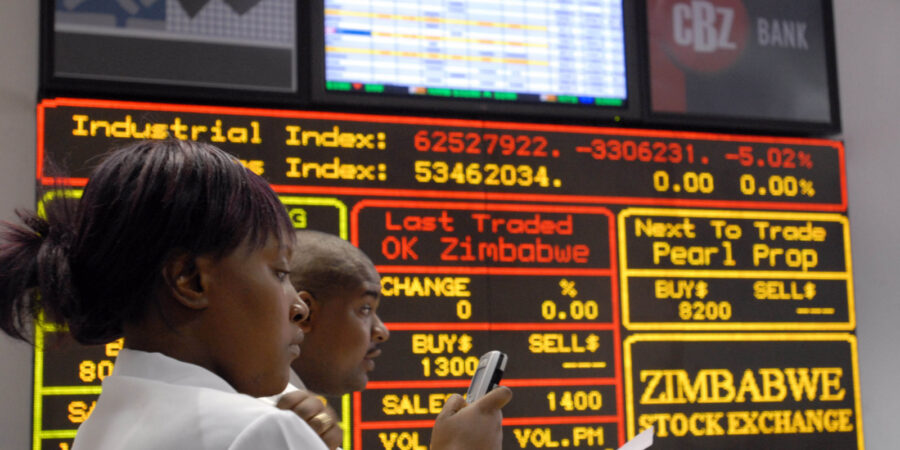Zimbabwe’s economy is a regular customer in the mainstream media today. Not many African countries get the amount of coverage it gets. And each time it gets reported on, two forces have stayed constant: hyperinflation and a weakening local currency. Every major policy and event has some link to these two. Implications mentioned usually point
Subsidy removal fuels transition to gas generators in Nigeria
On the 29th of May, 2023, Nigeria was thrown into a frenzy. The newly elected president, Bola Ahmed Tinubu had just announced the abolishment of the age-long fuel subsidy which has kept fuel prices at reasonably low prices for Nigerians. Fuel subsidy has become unsustainable and has thrown Nigeria into a debt burden. Post announcement,
Maximizing cryptocurrency in 2023: The best ways to make money with crypto
Most people come into crypto wide-eyed and excited about the lucrative opportunities awaiting them. While it is true that there are money-making opportunities, some people get frustrated along the line and tap out. You can make money in crypto, but some have the wrong ideas about the process and interpret it as a ‘get-rich-quick’ scheme.
Weekly Economic Index: CBN’s new transaction limits, Palmpay’s rising numbers, and peace(keeping) ends in Mali
Here are three big stories from Africa’s business landscape you (probably) didn’t miss but should keep in mind this week: CBN’s new transaction limits Last week, the Central Bank of Nigeria (CBN) introduced new transaction caps for contactless payments, in a bid to revolutionize the payments landscape in the country. Under the new regulations, contactless
How inclusive is the fintech market in North Africa? – Interview with Basil Moftah
What is African tech’s biggest challenge? This question seems so simple, yet is often missed. Every time you read an article talking about the prospects of African tech, there’s a section mentioning its challenges. These “challenges” sections often look so similar that they start to sound cliche after a while. They are not wrong, but
Nestle innovates Nigerian operations amid naira devaluation.
Currency volatility is a major problem for foreign businesses in many African economies as it puts them at risk of losses. Two things happen when foreign companies lose confidence in the exchange rate of any market they operate in. They either leave the market or change their business model to suit the prevailing market conditions.
How the IFC-BUA $500 million deal underscores the critical role of private-partnership for African economies
Africa has some of the world’s most significant, yet, untapped resources such as solar, hydraulic and geothermal energy. While some of these resources are scattered across the continent, most are found in huge deposits around the Northern, Southern and Eastern regions. According to comments by Makhtar Diop, Managing Director, IFC, in the recently concluded Africa
Experts call for more reforms as investor interest rises
Several experts who spoke at the BusinessDay CEO Forum said the recent efforts to stimulate investment in Nigeria need to be sustained, calling for more reforms in other sectors of the economy. Yewande Sadiku, head of international investment banking at Standard Bank Group, said Nigeria used to be termed uninvestable by foreign investors, but now
CEOs outline steps to make Nigeria economic giant
Leaders from the private and public sectors who converged on Lagos Thursday to chart a course to growth and development in Nigeria have outlined measures that must be taken for the country to become an economic giant. The 14th edition of the BusinessDay CEO Forum brought together decision-makers in the country’s private and public sectors
Dollar sells at average of N811 at parallel market
The pressure on the foreign exchange (FX) continued on Thursday as one dollar sells at an average rate of N811 at the parallel segment of the market. This was 0.55 percent lost to the value of naira when compared to N806.50 per dollar quoted on Wednesday at the black market. One of the traders who










